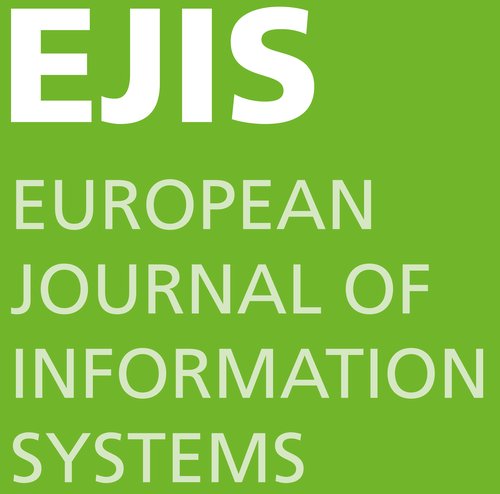- Posted Dec. 16, 2020
Virtual togetherness during the pandemic crisis
Study: Virtually in this together – how web-conferencing systems enabled a new virtual togetherness during the COVID-19 crisis
Problem:- Regulations to contain the spread of the COVID-19, or “flatten the curve”, have suddenly hit institutions, corporations, and private individuals.
- Almost overnight, employees were asked to work from home whenever possible, schools and universities had to virtualise teaching and learning, and individuals were not able to (physically) meet anymore due to contact restrictions.
- This extreme situation triggered individuals and institutions alike to switch from physical and location-dependent interactions to virtual interactions using web-conferencing systems (WCS).
- This article sheds light on people’s use of WCS during the pandemic and the unique role of WCS in this crisis.
To explore people’s use of WCS, we started to collect tweets that referred to the WCS used most often (e.g. Zoom and Microsoft Teams) in March 2020. We applied topic modelling to a dataset of about 3 million tweets that were created between 23 March 2020 and 14 June 2020. Topics were labelled drawing on affordance theory.
Take away:The COVID-19 crisis led to drastic and wide-spread changes in people’s digital practices. Our findings suggest the following affordances of WCS:
- A1. Communicating with social groups
- A2. Engaging in shared social activities with family and friends
- A3. Attending events
- A4. Pursuing hobbies
- A5. Consuming non-recreational services
On the other hand, constraints arose due to the sudden and forced digitalisation of life. We have identified the following constraints:
- C1. Lacking features and competencies
- C2. Having fear of being on camera
- C3. Having to be always “on”
- C4. Exposing one’s private living space
- C5. Lacking security
Publication Details
- Authors:Janine Hacker
- Jan vom Brocke
- Joshua Handali
- Markus Otto
- Johannes Schneider
- Categories: Information Systems
- Link: https://orsociety...
European Journal of Information Systems

- Year: 2020
- Volume: 29
- Issue: 5
- Pages: 563-584





